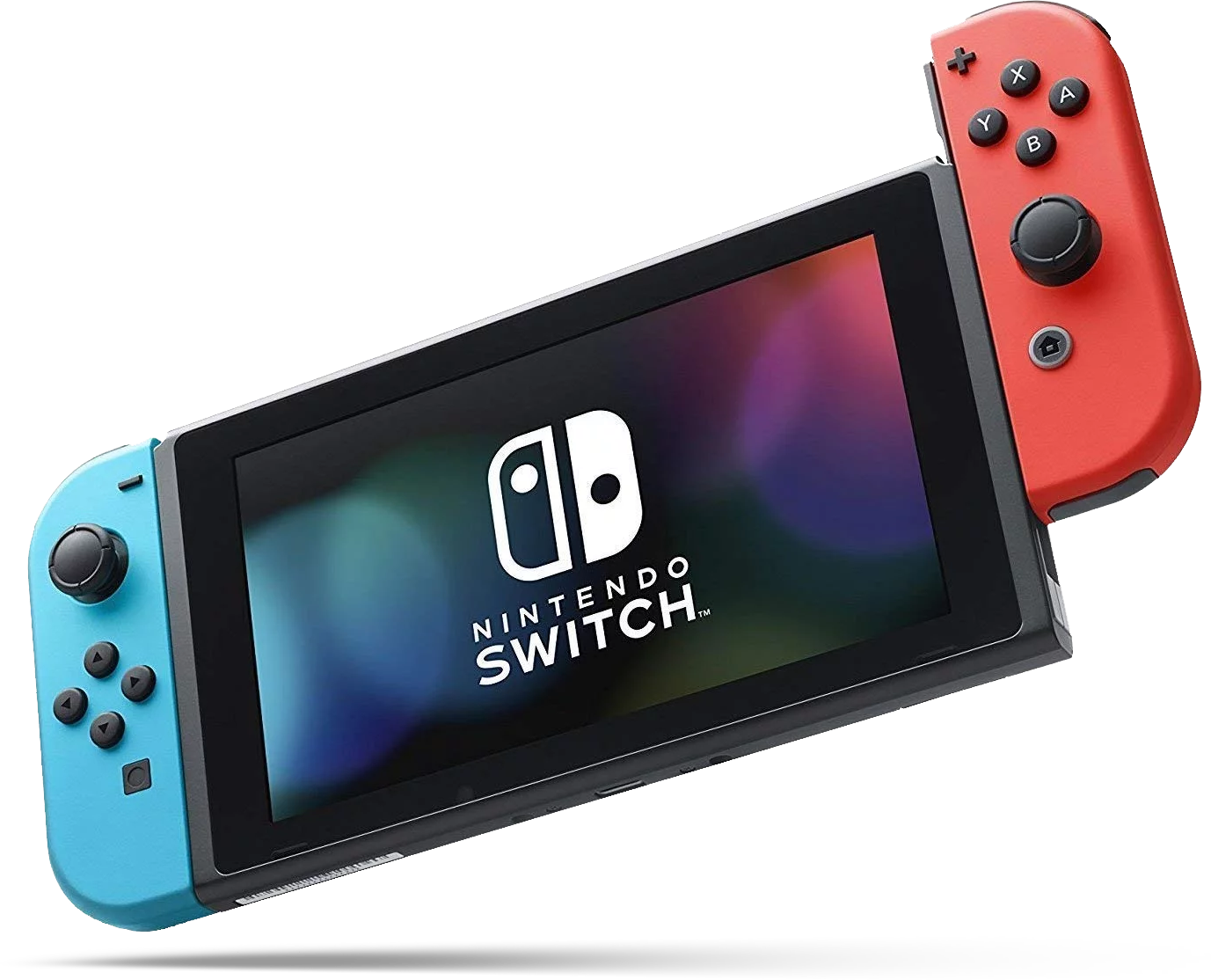Riot - Civil Unrest: Everything you need to know
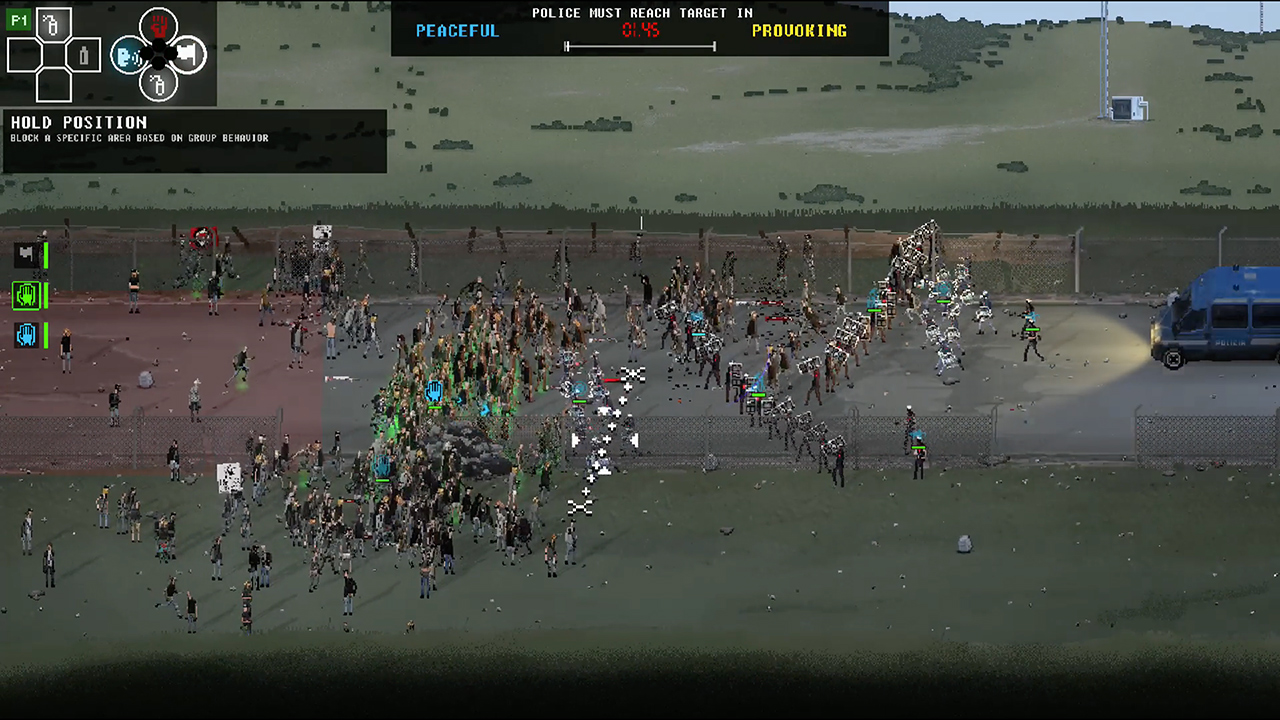
Are you a history buff who has always been curious about the politics, social dynamics, and historical facts behind famous conflicts? Riot - Civil Unrest is a fantastic way to both experience and experiment with history's most famous riots, and it's now on the Nintendo Switch. Its creator Leonard Menchiari experienced the NoTAV protests in Italy over the construction of the Turin-Lyon high-speed railway firsthand, and specifically created this game to help an audience understand the dynamics behind how riots and protests are formed, grow, change, dissipate, and become violent.
Before you pick up Riot - Civil Unrest, here's a quick primer on how the game works:
What is Riot - Civil Unrest?
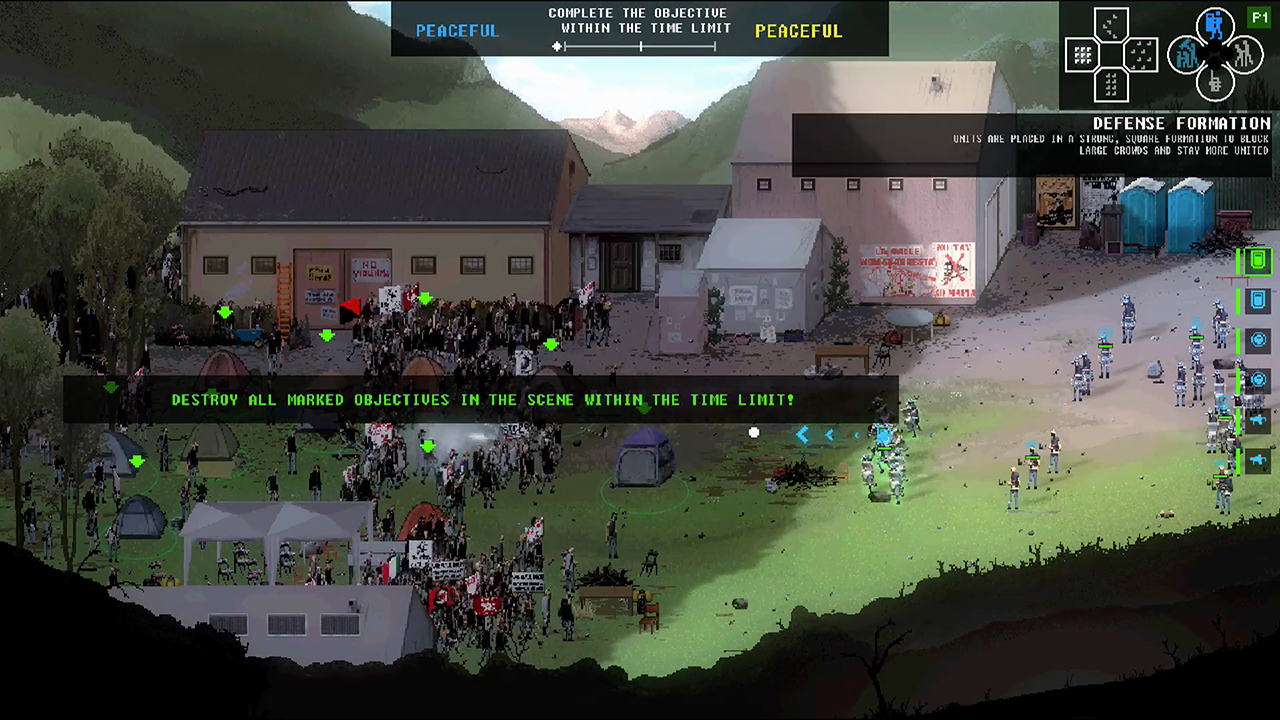
Riot - Civil Unrest is best described as a riot simulator. It's a simulation strategy game that takes place at a variety of locations and time periods in history when real-life riots occurred, then allows the player to take control either of the rioters or the authority figures and make decisions that will determine how the event plays out.
There are sixteen full campaigns you can play that follow events playing out over multiple riots, including Indignados (Spain), Arab Spring (Egypt), Keratea (Greece) and NoTAV (Italy). There are also seventeen individual riot scenarios that are not part of campaigns, taking place in locations such as Rome, Oakland, Paris, London, and Ukraine.
How do you play?
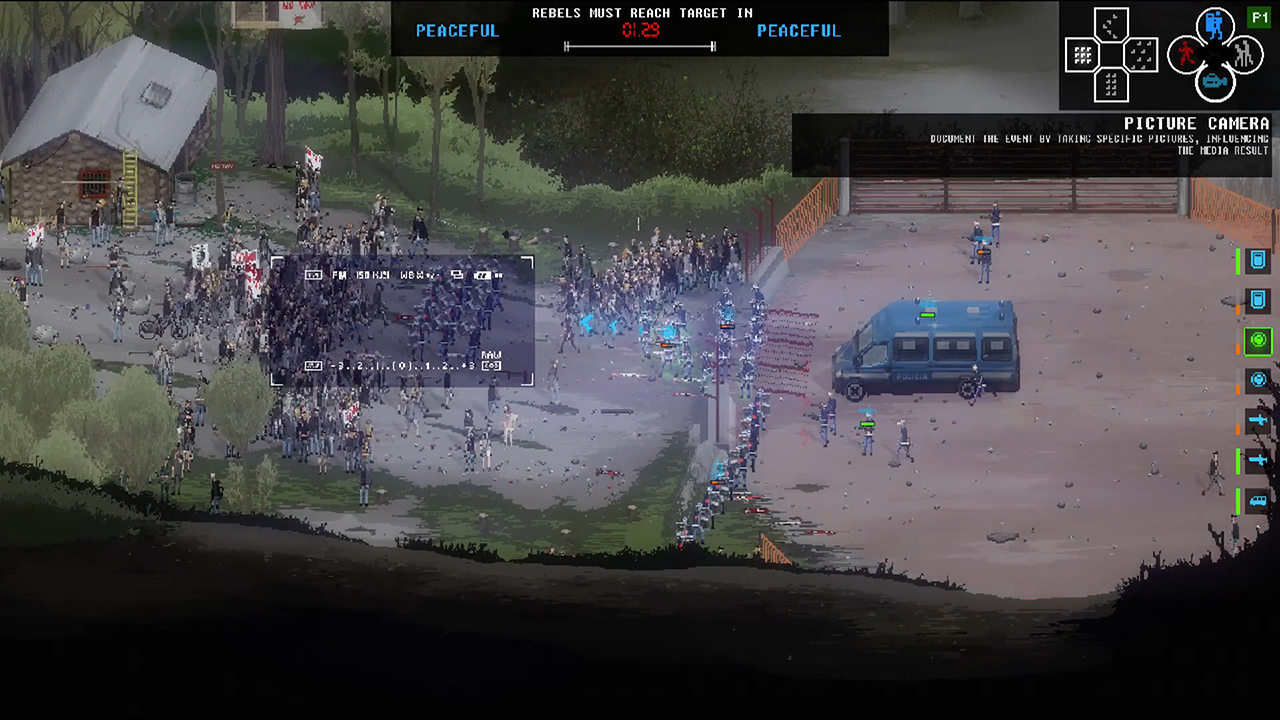
For each campaign or scenario, you can choose to play as either the rioters or the police. On either side, you'll be given one or more objectives or challenges you'll need to overcome and complete, and a time limit in which you'll need to do so or lose.
In control of the rioters, you can lead both aggressive groups and passive ones, as well as control journalists to change how the riot views events and how it behaves - either inciting rage or calming the masses to be better organized. You'll have multiple weapons at your disposal, including Molotov cocktails, fireworks, paper-bombs, rocks, furniture, and others.
Master your iPhone in minutes
iMore offers spot-on advice and guidance from our team of experts, with decades of Apple device experience to lean on. Learn more with iMore!
As the police, you'll have more weapons at your disposal, but not the same kind of numbers that the rioters have. You can issue orders to assault, tactical, and ballistic squads of officers and use weapons such as smoke grenades, rubber and plastic bullets, live ammunition, tanks, police trucks, and water cannons. Alternatively, you can try to diffuse the situation by using passive tactics to calm and organize the crowd to dispel the riot. As police, it's all about management. Escalating a situation while a riot is still relatively passive can turn it violent, but not using appropriate force when a riot does turn violent on its own will get you mowed down by a crowd.
Altogether, sometimes the riots may end up woefully imbalanced depending on which side you're on and which scenario it is, but as you can play as both sides that can make for an interesting challenge as you work toward "winning" a riot when you're at a disadvantage.
Can I play with friends?
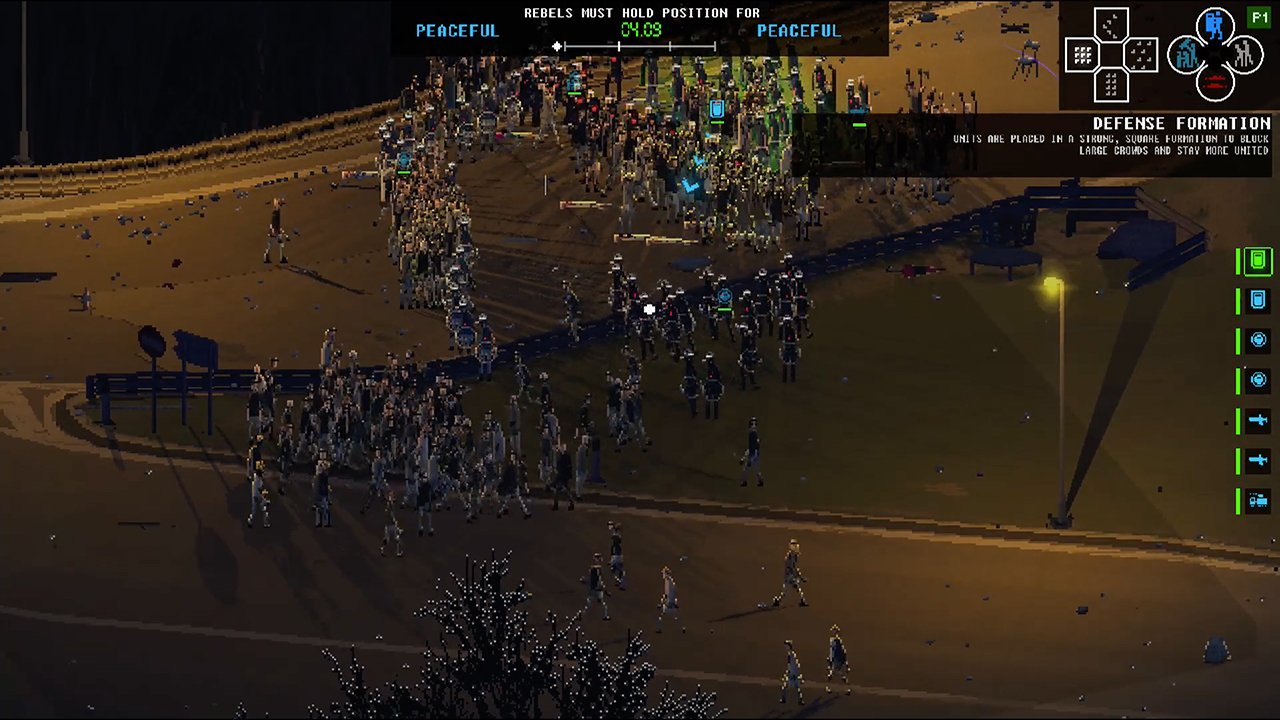
You can! Up to four players can play with one another, either with one person controlling each "side" of a riot or two people to a side. You can also play in Versus Mode against AI opponents.
Create a Riot
Riot - Civil Unrest also includes a level editor that will allow you to set up your own riots, place objects, add lighting and weather, set rules, customize the characters involved, and otherwise build whatever type of riot you want to play.
How much does it cost?
Riot - Civil Unrest is available now for the Nintendo Switch. It costs $19.99 digitally on the Nintendo Switch eShop, though physical copies seem to be running closer to $30 at retailers such as GameStop, Best Buy, and Amazon.
Any questions about Riot - Civil Unrest?
If you're wondering a little more about the mechanics of this strategic riot simulator, put them in the comments and I'll answer your questions.
